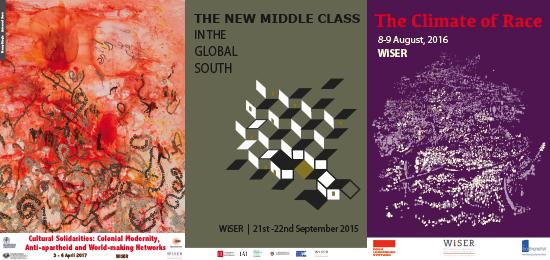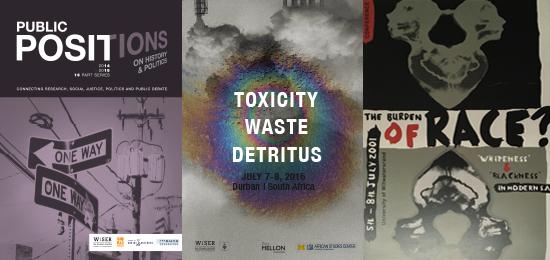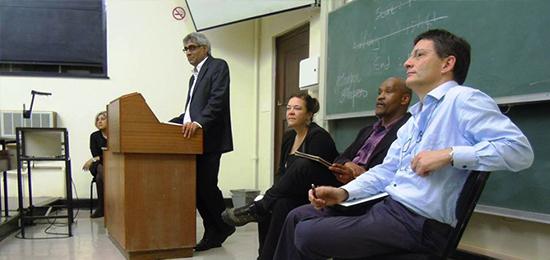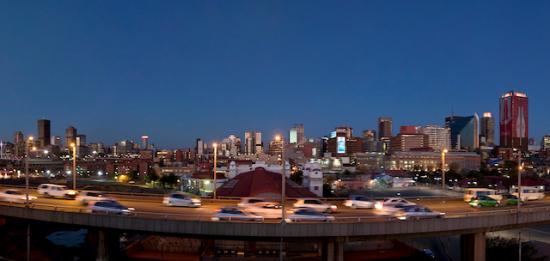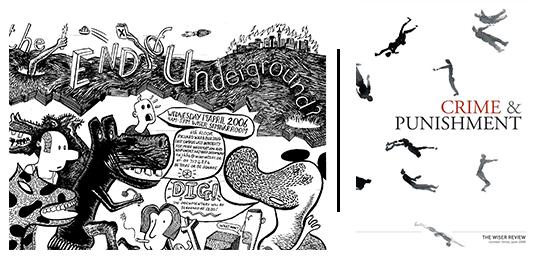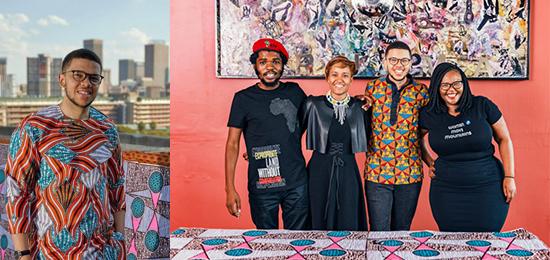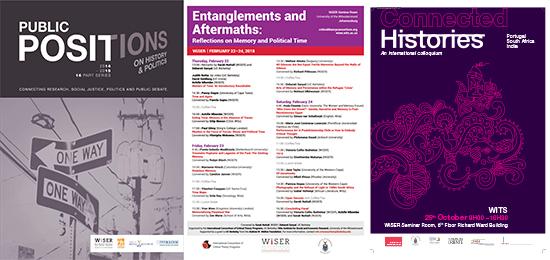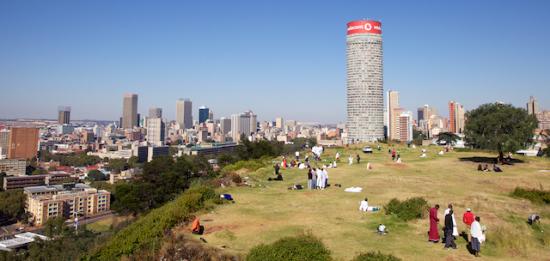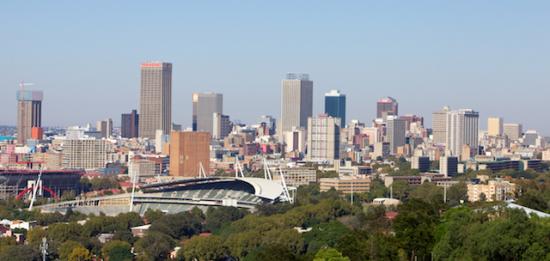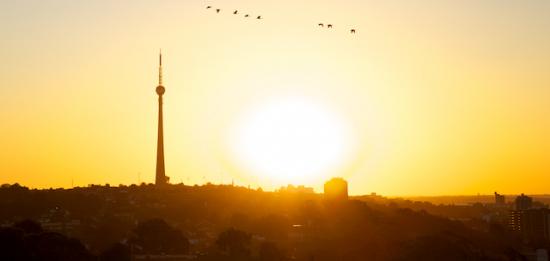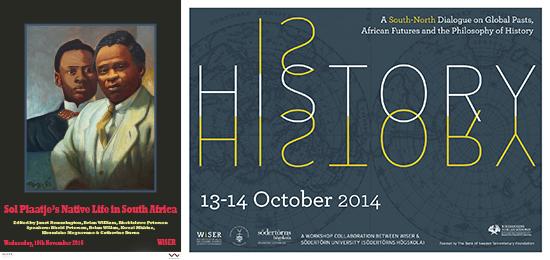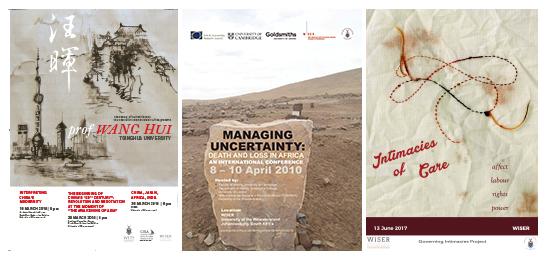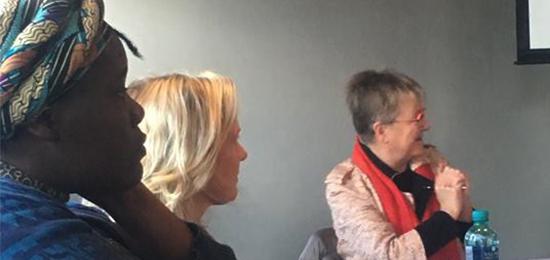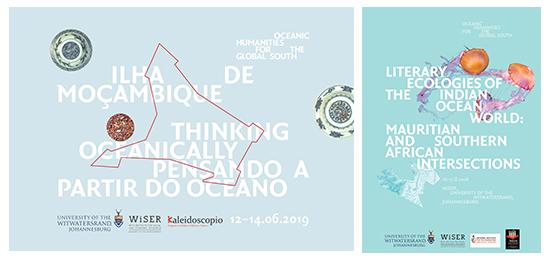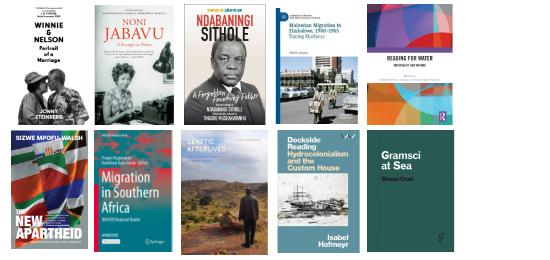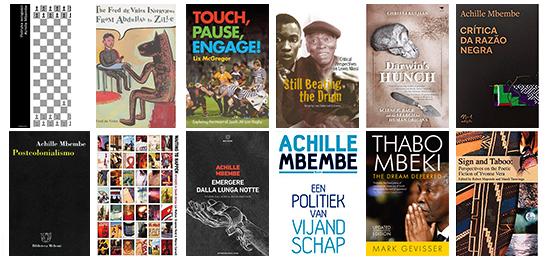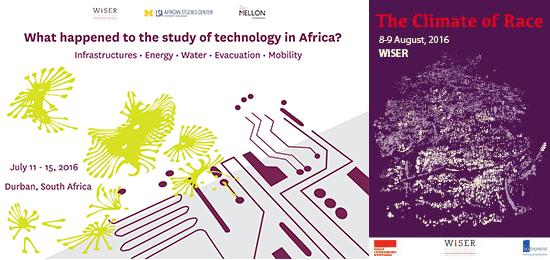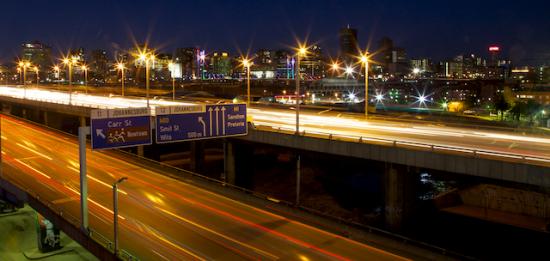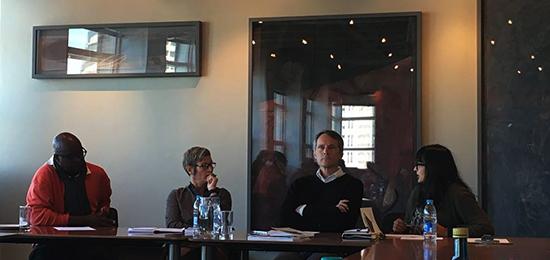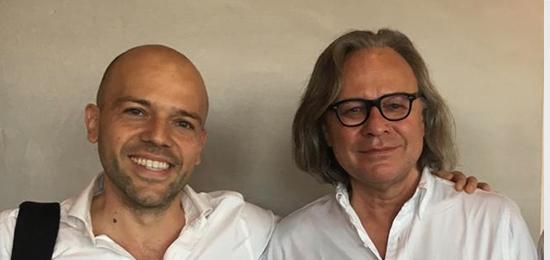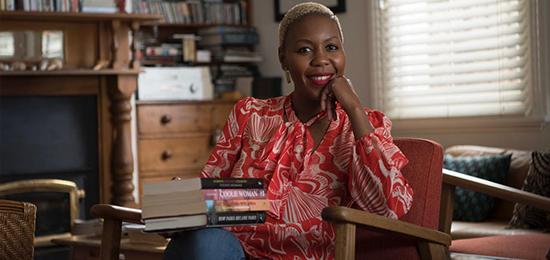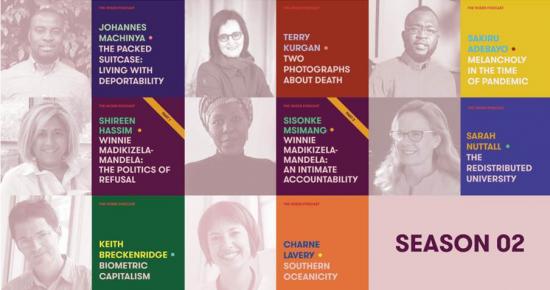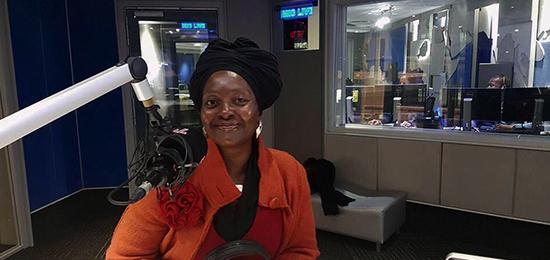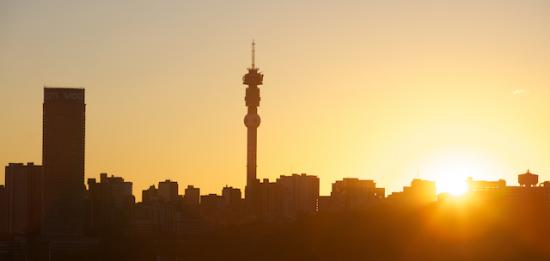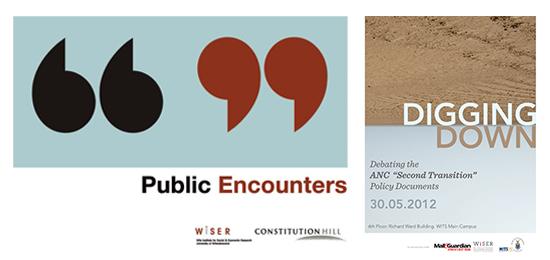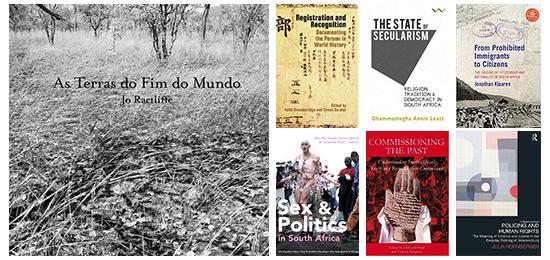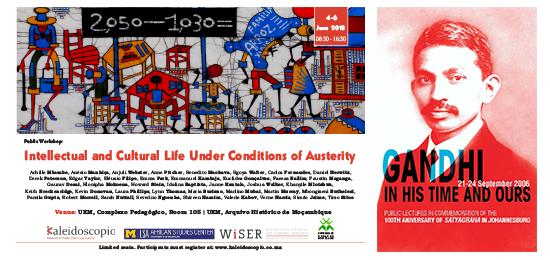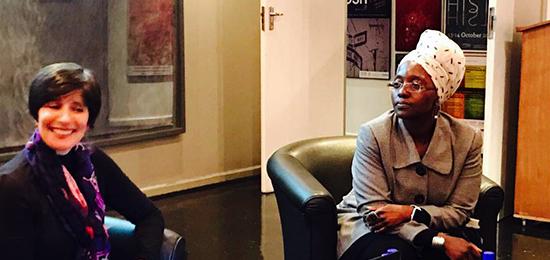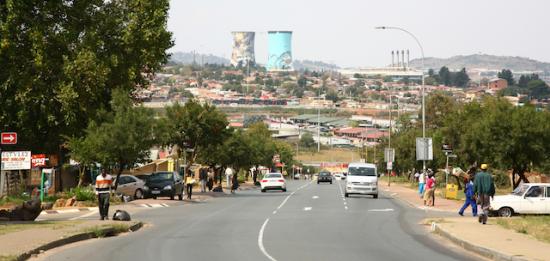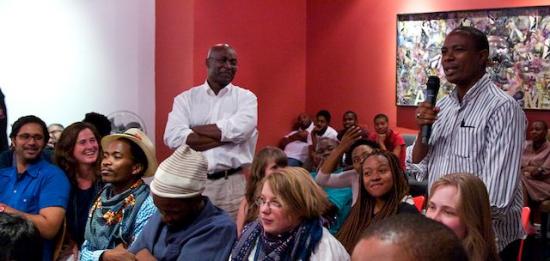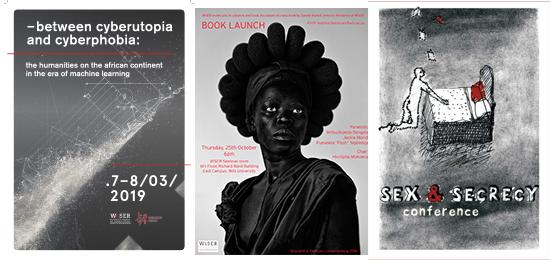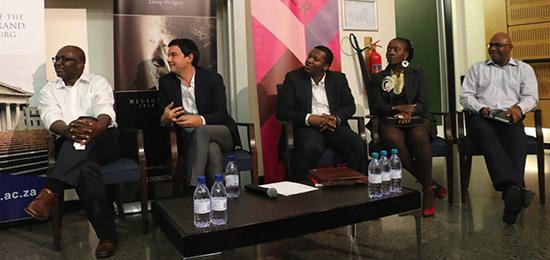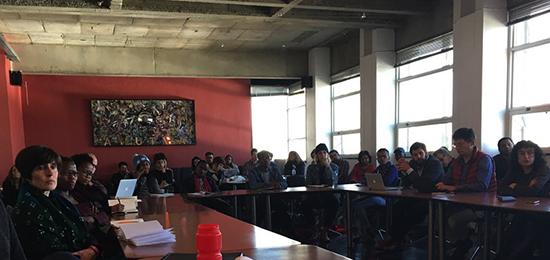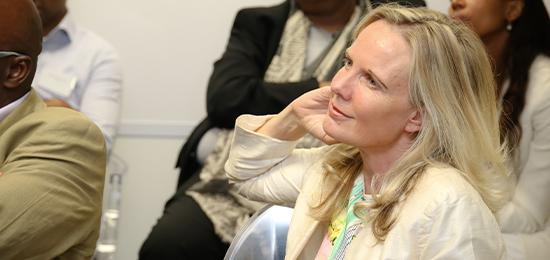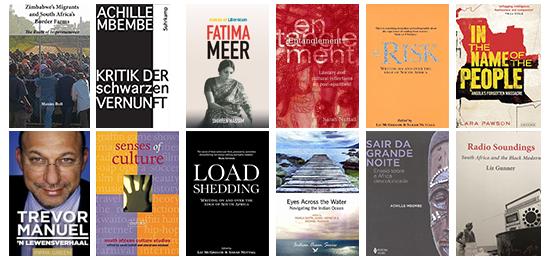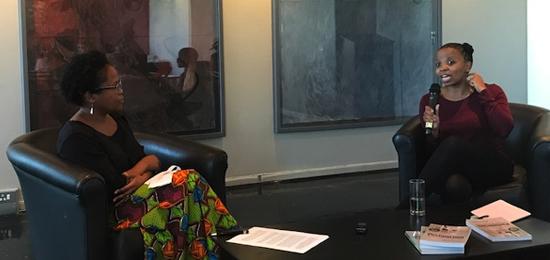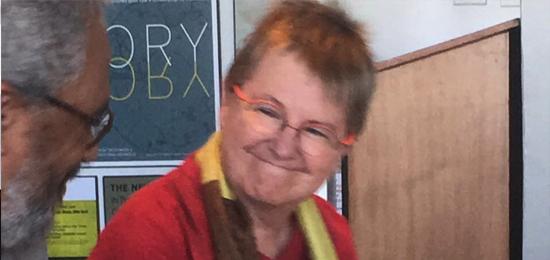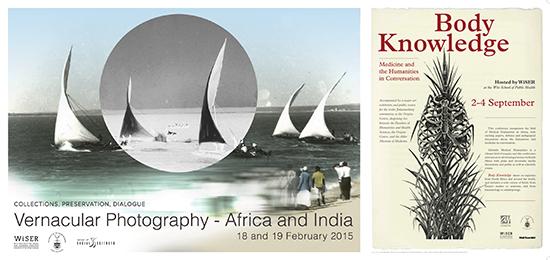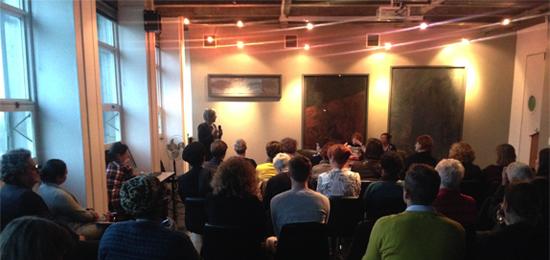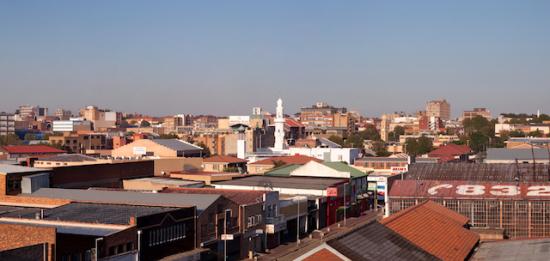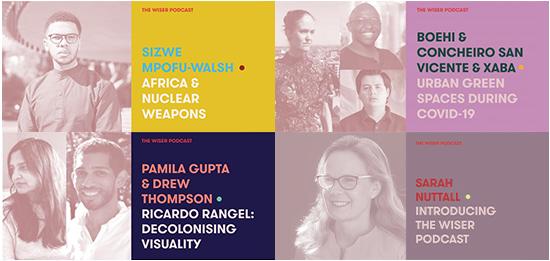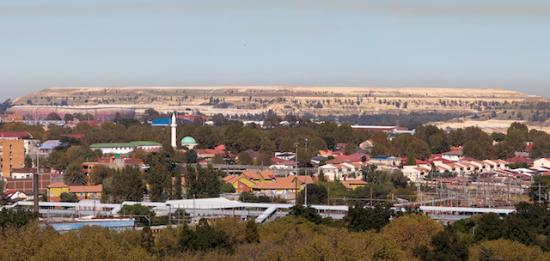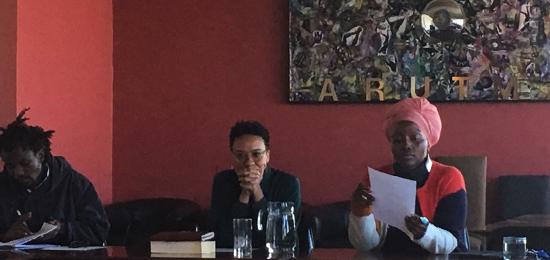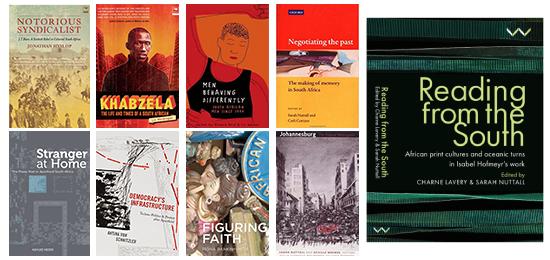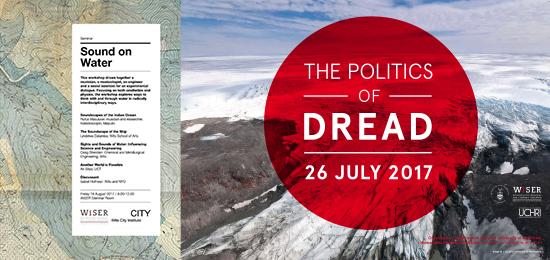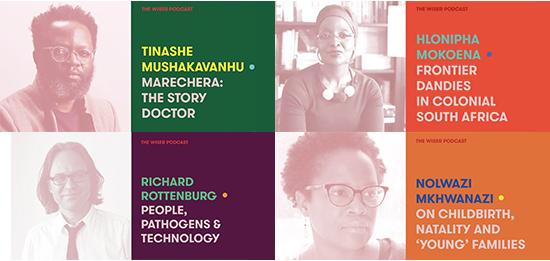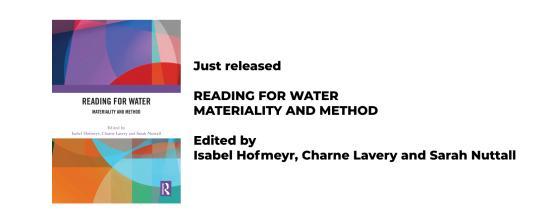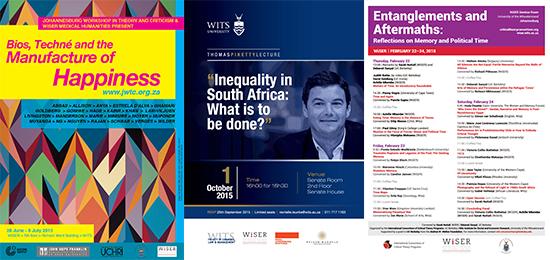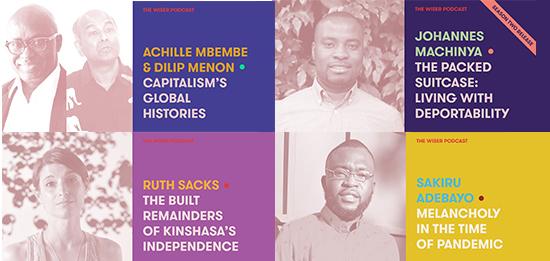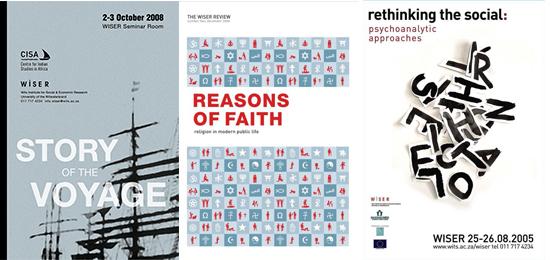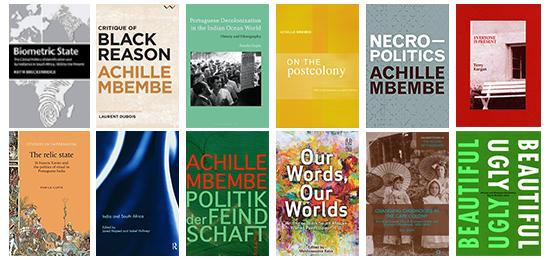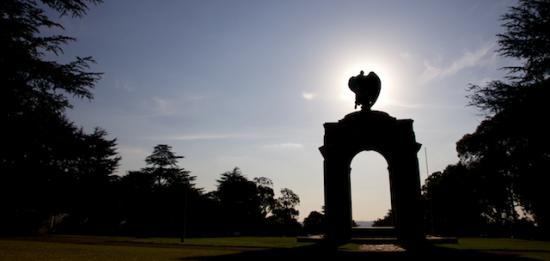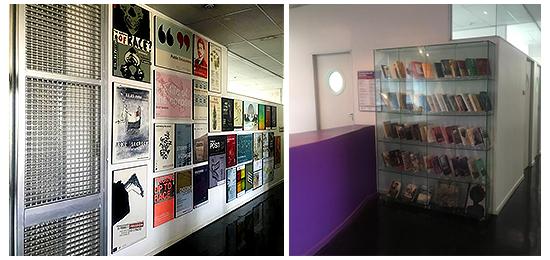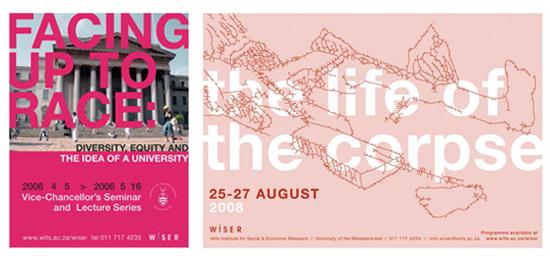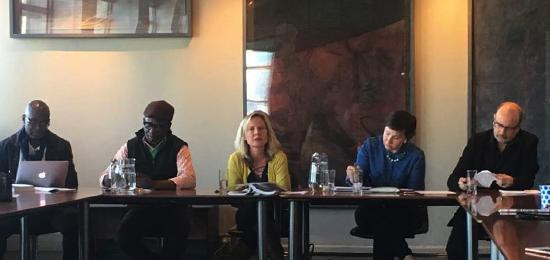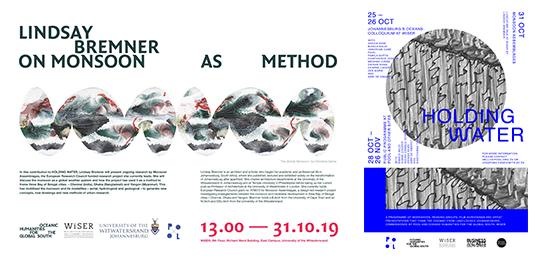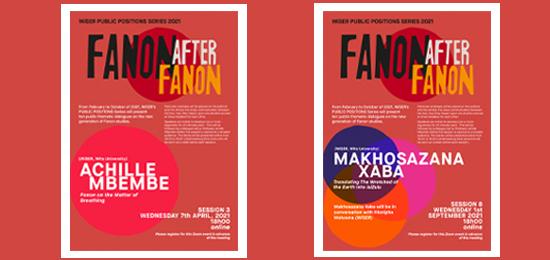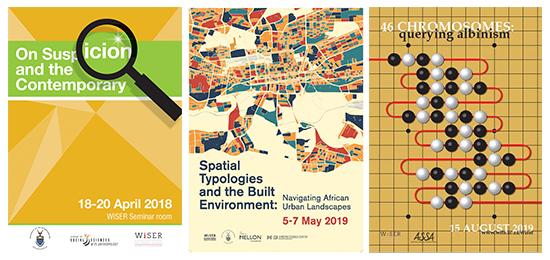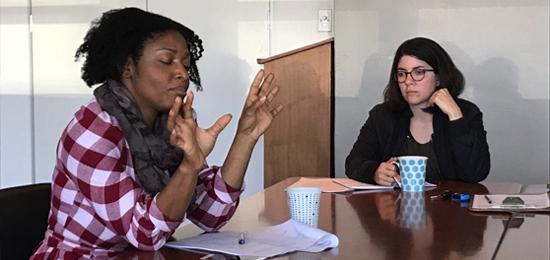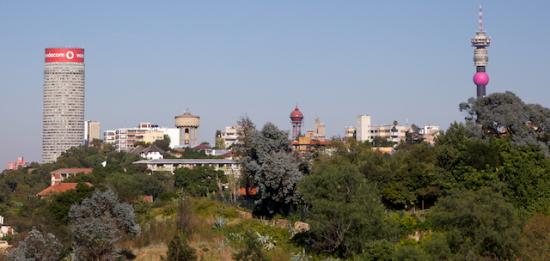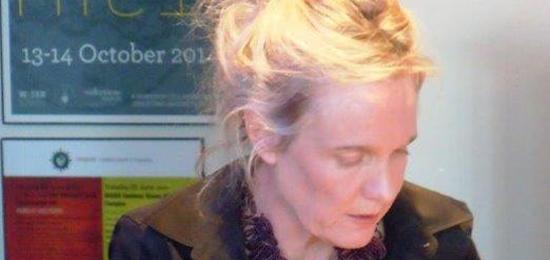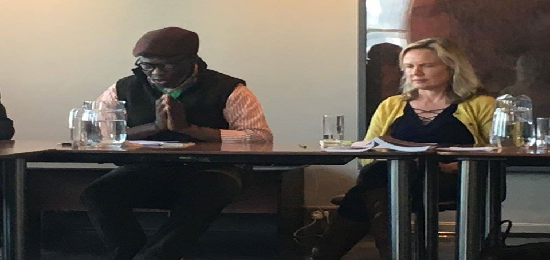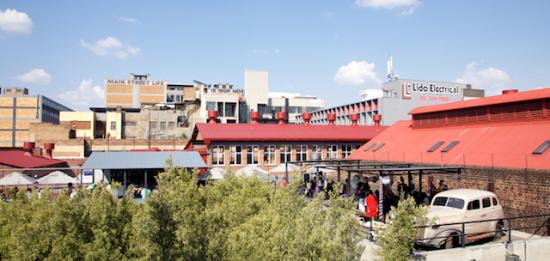|
Johannesburg is a landlocked city, the largest city in the world not located on a major body of water. But this dry city is oddly oceanic. With half of the cargo received by the ports at Durban and Cape Town landing at the container terminal in Johannesburg, it is known as the largest dry port in the world. Its geological history is as a prehistoric ocean floor, and its urban fabric runs along a continental watershed, with rainwater running from its side to distant coasts. Johannesburg may also, in the future, become waterlogged again, as a dry island amid rising seas or sunk into acid mine water. From the ruined Three Ships restaurant at the Carlton Hotel to the South African Institute for Maritime Research (a shadowy apartheid-era paramilitary force), the old SAS navy base in Wemmer Pan and the model of the Dromedaris in Santarama Miniland - Johannesburg is littered with oceanic allusions.
How to think the ocean from this dry city, and how to think the city oceanically?
The Oceanic Humanities for the Global South WiSER and Johannesburg arts organisation POOL are collaborating on a research and exhibition project focused on the politics and poetics of oceanic flows, from the perspective of land-locked Johannesburg. POOL’s ongoing ‘Ocean Thinking’ project postulates that a large part of the political, social and economic reality of the post-colonial global South has been and continues to be produced in and through its relationship to the ocean. Oceanic Humanities aims to decolonize histories of oceanic space while providing new approaches to literary and aesthetic understandings of water. Their collaboration draws together academic, literary and cultural studies with practice-based research.
The project tests the framing of academic, artistic and exhibition practice through destabilising temporal and spatial rhythms that constitute the anticipated forms of exhibitions and lectures through a series of programmed events that are staged between new and full moon cycles, and across past and future oceanic geographies. The public programme will include performance lectures, screenings, live musical performances, immersive installations, live readings, and public city walks lead by artists and scholars, as well as a two-day workshop at WiSER, Wits University, Johannesburg.
|
 A programme of workshops, reading groups, film screenings and artist presentations that think the oceanic from land-locked Johannesburg, commissioned by POOL and the Oceanic Humanities for the Global South, WiSER.
A programme of workshops, reading groups, film screenings and artist presentations that think the oceanic from land-locked Johannesburg, commissioned by POOL and the Oceanic Humanities for the Global South, WiSER.
